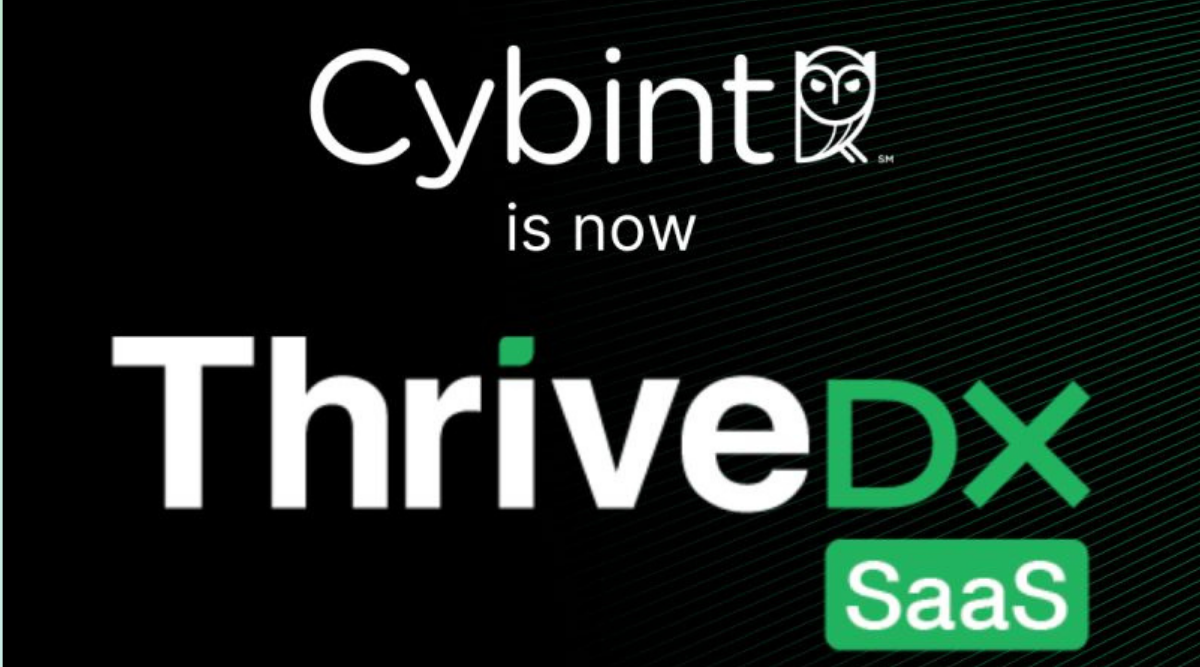With the growing security threats happening online, you need to make sure that all data is secure to prevent any problems with your business, or even your personal life. After all, you wouldn’t want to lose all your data or have to pay a huge ransom for hackers to leave your private information alone. Here is a breakdown on the best practices on cybersecurity for your website!
Causes of Security Breaches
You may think you have the latest cybersecurity for your website, but wait- you might still be at risk! How come?
These are the main causes of security breaches:
- You have old and unpatched security vulnerabilities you haven’t resolved yet, or that haven’t been found due to little to no data checks
- Using weak passwords or sharing passwords or account information, which makes. Your data more susceptible to hackers
- There is no anti-malware software installed on your devices, or you installed a fishy tool
Important Cybersecurity Tips for Your Website
Now that you’re familiar with why security breaches happen, how can you make sure it doesn’t happen to you? According to Joel House SEO Darwin, there are various ways you can increase cybersecurity for your website, starting off with these effective tips:

1. Beware of Phishing Attacks
You have to be aware of phishing attacks and scams, which have worsened throughout the years! These are attacks that trick victims into giving personal credentials, either through malicious links or calls.
To prevent an attack from happening to you, follow these tips:
- Do NOT open emails from senders that aren’t from your contact list. Look at the emails sent to you, knowing where it came from and if it has any grammatical errors or fishy offers and messaging
- Know more about what links are safe and what is suspicious. Hover over links to see where it leads you to, rather than click it right away.
2. Use Anti-Malware Software
Using anti-virus protection software is one of the most effective solutions in fighting malicious attacks and always keeps that software up to date, switching on automatic system updates. It would block malware and other viruses from entering devices, compromising data. Just make sure that you invest and install trusted anti-virus and anti-malware software from reputable vendors, running just ONE software on the device. Another thing you can do is to use a firewall, which can defend your data against any malicious attacks.
3. Use Strong Passwords and Use a Password Management Tool
I know how irritating it can be coming up with very strong passwords with symbols, mixed letters, and numbers. Besides coming up with un-crackable and strong passwords, make sure that you also use password management tools. With a good password management tool, you won’t have a difficult time remembering your passwords.
Furthermore, consider using two-factor or multi-factor authentication, which adds even more layers of security to your standard passwords.
4. Make Your Passwords Uncrackable
Here are the following tips you can create a strong and uncrackable password to help make it less obvious for hackers to guess or hack into:
- You don’t need the crazy and complex mic of letters, symbols, and numbers! Rather, create a user-friendly password that has at least eight characters and a maximum of 64 characters. But your password will still need at least one lowercase and uppercase letter, one number, and four symbols (don’t use #%&@_.)
- Do NOT use the same password on two or more platforms.
- Your password should be relevant to you and easy to remember.

5. Protect Your Sensitive Personal Identifiable Information (PII)
Personal Identifiable Information is information cybercriminals and hackers can use to identify or locate individuals. This includes your basic information such as your name and address, contact numbers, date of birth, IP addresses, social security numbers, or other forms of identity data.
Protect your information by being very cautious of what you share with people online, from your website to social platforms.
6. Use a VPN (Virtual Private Network)
A Virtual Private Network is a kind of service that allows you to access the web safely. It would route your connection with a VPN server, protecting your identity and location, as well as encrypting the transferred data.
So if you have to use public connections, you are protected by VPN, so cyber criminals won’t’ be able to access your data. If you don’t have VPN yet, avoid Public Wi-Di networks, and use your own mobile data. You can implement VPN from trusted providers.
7. Backup Your Data Regularly
Not many people actually back up their data regularly, thinking that this isn’t an important step. Make three copies of your data on two different media and one copy from an off-site location, such as cloud storage.
That way, in case you are victim to malware or ransomware, you can restore all your data after erasing your systems, restoring it with a fresh and recently-performed backup.
Wrapping It Up:
Whether you work with companies like Joel House SEO Darwin, or learn the right ways to keep your website secure, it lessens the risk of security breaches and increases cybersecurity for your website.




